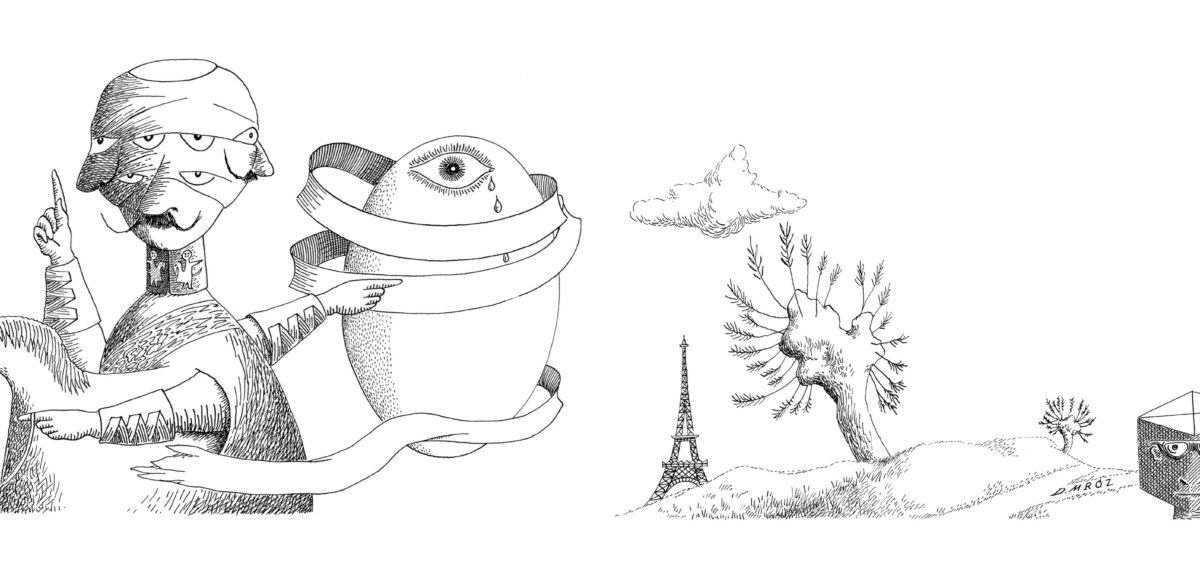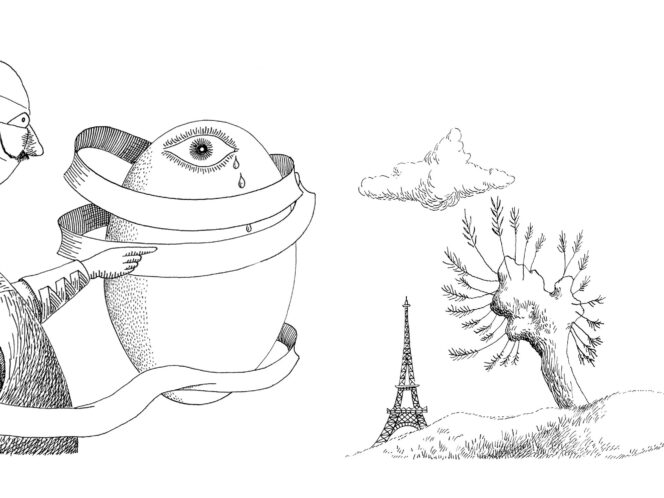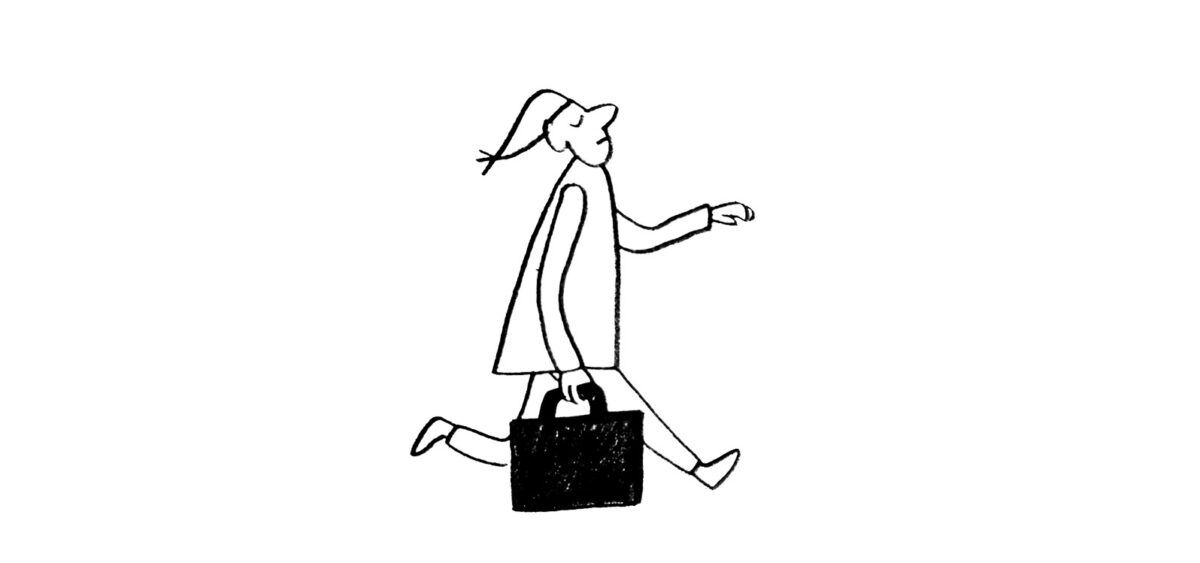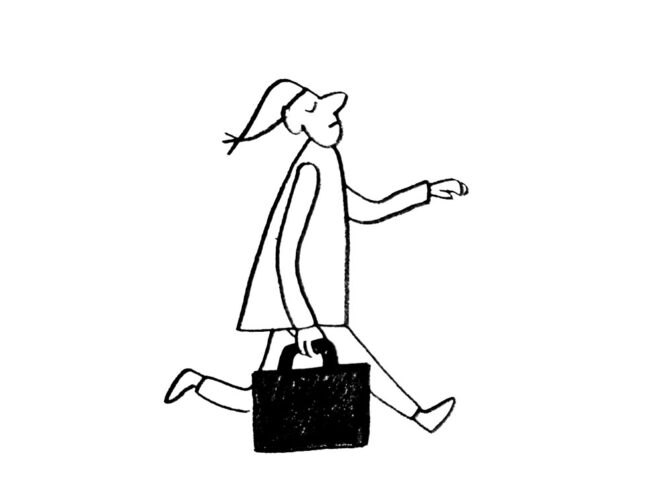
While lucid dreaming, we can influence what we dream of – and thus make our deepest fantasies come true. Some experience this state spontaneously, while others specifically practice it.
What is lucid dreaming all about? It is a state in which we experience a dream without losing access to our memory, will, and the other intellectual capacities we know in wakefulness. Additionally, the dream’s quality is, as it were, improved: colours are more intense, we perceive images and sounds more clearly. Most interestingly, however – and most temptingly – the dreamer is able to influence the content of the dream almost freely. This is accompanied by strong emotions, including euphoria (which sometimes makes people wake up).
In that state, then, theoretically we can see all our wishes come true. My observations lead me to believe that lucid dreamers usually try to indulge in two kinds of fantasies: sex and flying. Such was the case of two famous directors. In his book The Dance of Reality, Alejandro Jodorowsky described flying to the spirit world during his oneiric travels; there he would meet his late friend Roland Topor (intriguingly, according to Jodorowsky, Topor no longer creates macabre visions in the beyond, but realistic landscapes instead). Michel Gondry, the director of The Science of Sleep, among others, made a very French sort of








